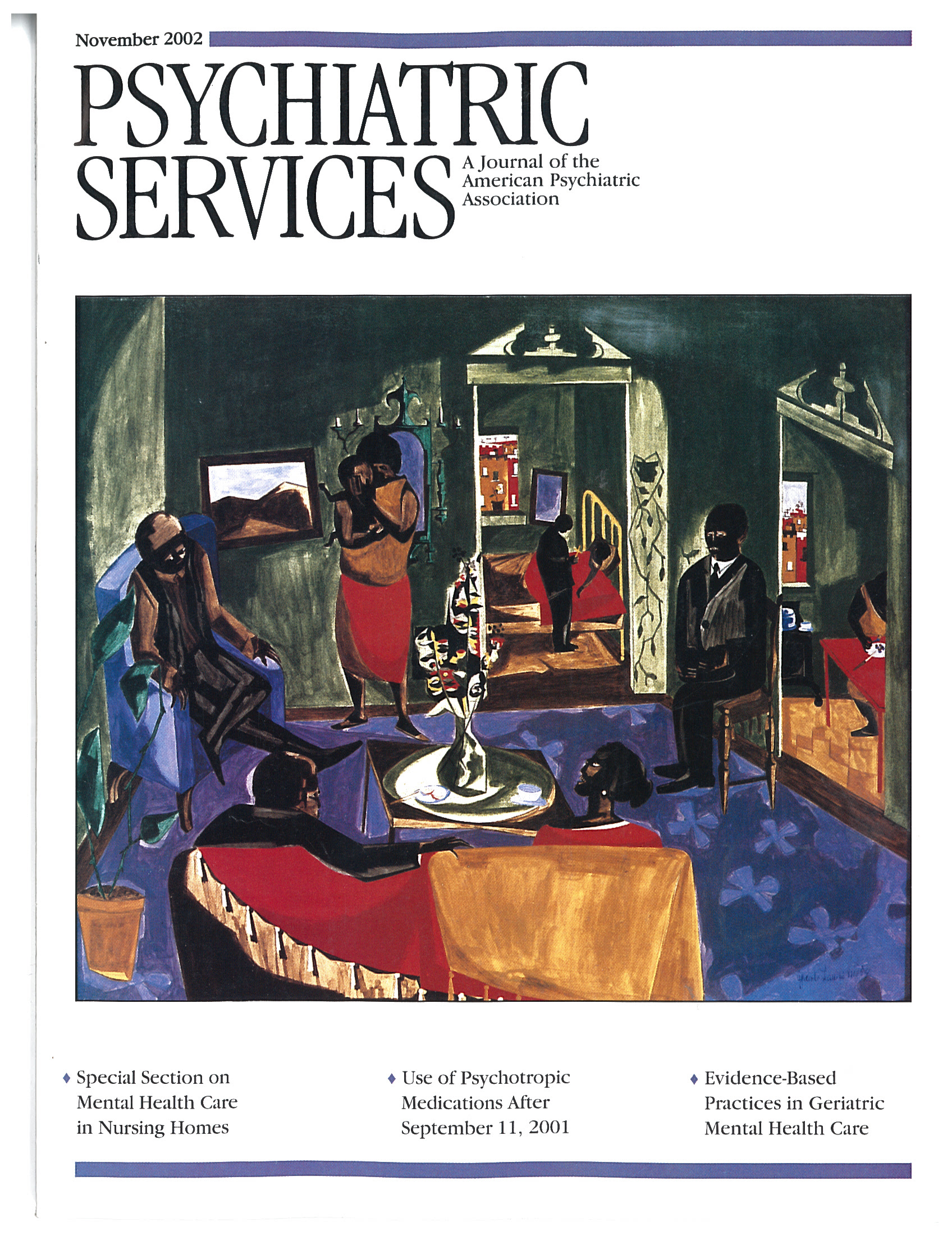During the past several years there has been a great deal of interest in the quality of mental health care. In the private sector, behavioral managed health care organizations have cut treatment costs dramatically and now dominate the insurance market. Managed care has been particularly hard on psychiatrists and psychologists, because insurers have changed psychotherapy reimbursement mechanisms to focus on brief treatment by therapists with master's-level or similar training. In the public sector, the influence of managed care has been less consistent, and it has been more successfully resisted by provider organizations.
Barbara Dickey and Lloyd Sederer should be commended for taking on such a divisive and emotionally charged topic. Both authors have firsthand experience with the managed care revolution. Dickey led an evaluation of Medicaid managed care experiments in Massachusetts. Sederer has extensive experience with management and financing under managed care.
Improving Mental Health Care contains 26 chapters divided into three sections. The first section, "Challenges," presents fiscal and organizational forces that affect mental health clinicians today. The chapters in this section provide an excellent introduction to contractual and clinical challenges. I thought that more discussion could have been devoted to the serious, pervasive quality problems that are found in the care of psychiatric disorders. Nationally, rates of treatment of depression and anxiety remain moderate to low. In the public sector, effective treatments such as assertive community treatment, family services, and use of clozapine are provided to only a small minority of patients who would benefit from them. However, these problems predate managed care, and any net effect of managed care on quality has certainly been small relative to these ongoing quality problems.
The second section of the book, "Quality Measurement," reviews efforts to improve accountability. Leading national projects are reviewed, such as the Consumer Assessment of Behavioral Health Systems report card. Although satisfaction is a critical quality domain, readers should be aware that well-developed conceptual models of quality have been developed that distinguish satisfaction from process measures that are critical to improving care.
The final section, "Case Reports," describes a number of efforts to improve the quality of mental health care. In reviewing approaches to quality improvement, the authors have not focused on leading scientific studies whose components and effectiveness are well documented in published articles, such as primary care depression quality improvement studies. Rather, they have selected a complementary approach that focuses on practical programs that have been developed within a variety of systems. Readers who are interested in this area may wish to extend their reading to further research from the public sector and general medical care (
1,
2).
Policy makers and research funding agencies are now focusing on how care can be improved. As the contributors to Improving Mental Health Care make clear, unless performance is measured, efforts to cut costs will take precedence. To understand which beneficial services are not being provided to patients, it will be necessary to routinely collect information on the severity of depression or psychosis. Better information will also be needed on receipt of treatments such as cognitive-behavioral psychotherapy or caregiver involvement.
Because of the breadth of the topic and the number of chapters by different authors, this volume inevitably has less focus and conceptual clarity than might be desired. However, in mental health care, quality improvement is a broad field at an early stage of development. Improving Mental Health Care provides a good introduction to the multiple roles that clinicians and managers can adopt to improve care. Hopefully this will inspire readers to develop an interest in this area and work toward placing quality on the mental health policy agenda.

